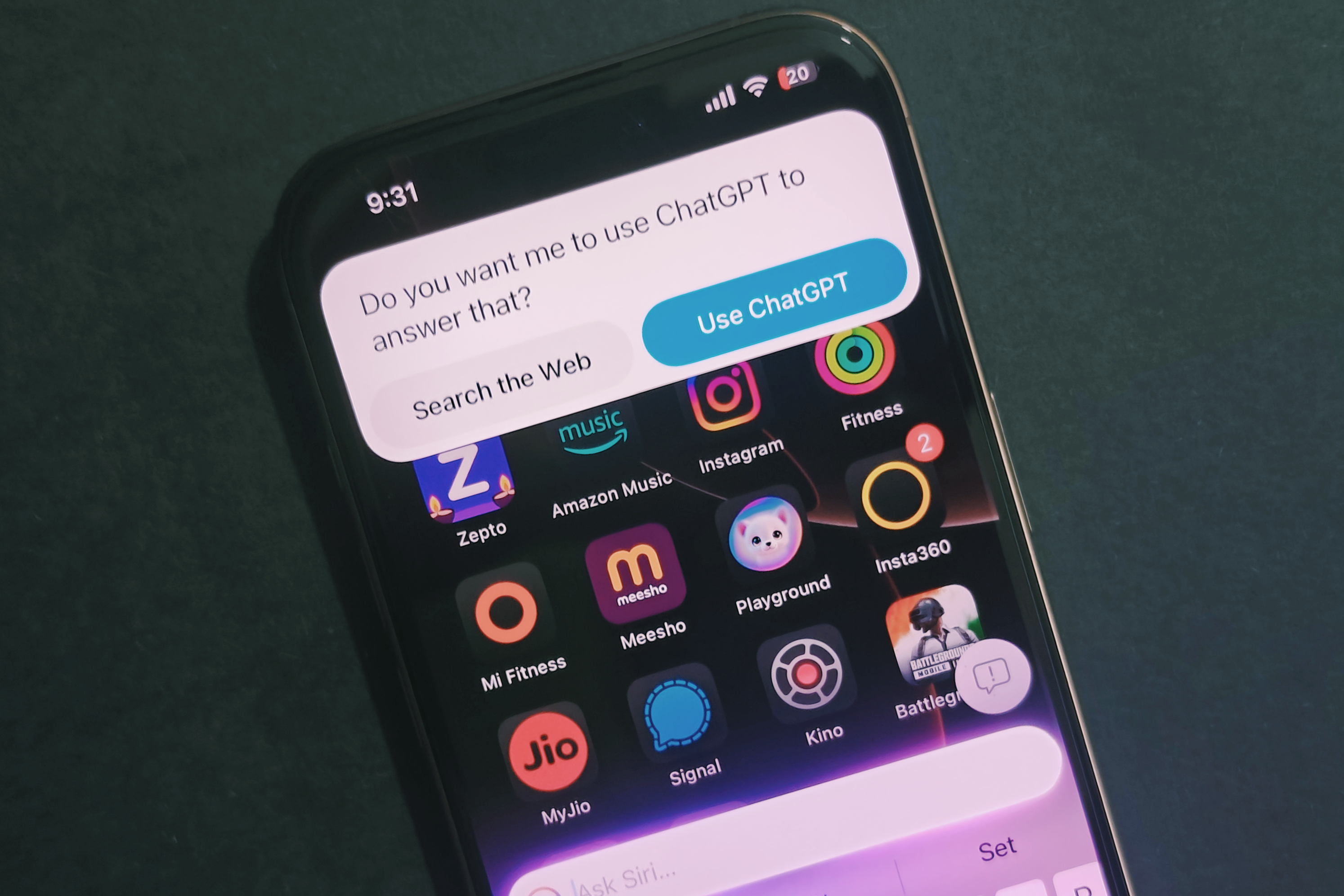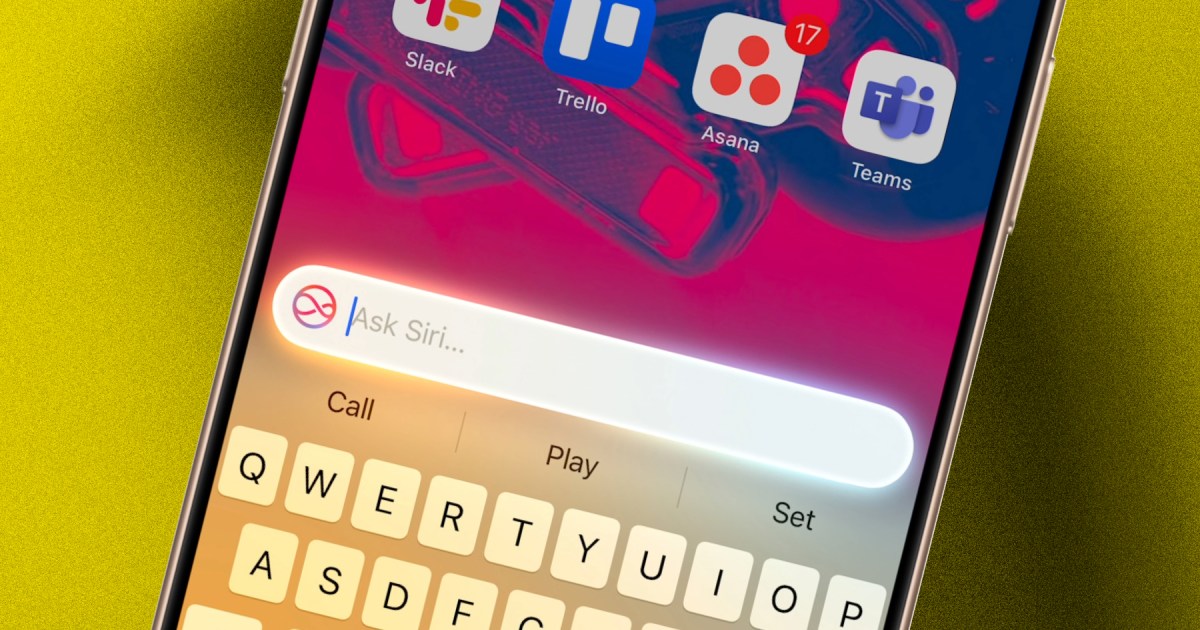Apple’s integration of advanced AI across its ecosystem lags behind competitors like Google’s Gemini, particularly regarding the Siri virtual assistant. Siri has yet to receive the features showcased at Apple’s 2024 developer conference. The company recently confirmed a delay for the revamped Siri, capable of accessing local user data and interacting with apps, until next year, potentially even 2027. Internally called “LLM Siri,” this next-generation upgrade was initially slated for an earlier release.
 Summoning Siri on an iPhone.
Summoning Siri on an iPhone.
An Apple spokesperson, quoted by Daring Fireball, stated, “We’ve also been working on a more personalized Siri, giving it more awareness of your personal context, as well as the ability to take action for you within and across your apps. It’s going to take us longer than we thought to deliver on these features and we anticipate rolling them out in the coming year.” The upgraded Siri experience, initially expected with the iOS 18.4 update in April, has been postponed. Bloomberg reports internal concerns from top Apple executives, including Craig Federighi, Senior Vice President of Software Engineering, regarding the performance of these planned features during testing.
Siri’s Development Challenges and Interim Solutions
Some Apple employees reportedly believe the current roadmap might be scrapped entirely, necessitating a complete redevelopment of the AI assistant. As a temporary solution, Apple partnered with OpenAI to integrate ChatGPT capabilities into iPhones and Macs, incorporating it within the Apple Intelligence stack. While ChatGPT offers advanced language processing, multimodal functionalities like image generation and file analysis, Siri still lacks crucial features for a truly enhanced user experience. It cannot analyze user data for contextual responses or interact deeply with installed applications.
 ChatGPT and Siri integration on iPhone.
ChatGPT and Siri integration on iPhone.
Comparing Siri with Google Gemini
Google’s Gemini, available on high-end Android devices, leverages data from Google Workspace products like Gmail, Docs, Maps, and YouTube. Furthermore, Gemini’s extension system transforms voice commands into actions across various apps, including third-party platforms like Spotify. This illustrates Apple’s lag in AI assistant development, with the recent delays further highlighting this challenge.
Apple’s AI Efforts in Other Markets
Despite Siri’s setbacks, Apple is pursuing other AI initiatives. The company recently partnered with Alibaba and Baidu in China to accelerate Apple Intelligence development for the Chinese market. This indicates Apple’s continued investment in AI, even as Siri faces significant developmental hurdles.
This delay underscores the complexity of developing a truly integrated and intelligent virtual assistant. While Apple works to overcome these challenges, the future of Siri remains uncertain. Its eventual capabilities and the impact on Apple’s competitive position in the AI landscape are key aspects to watch.











